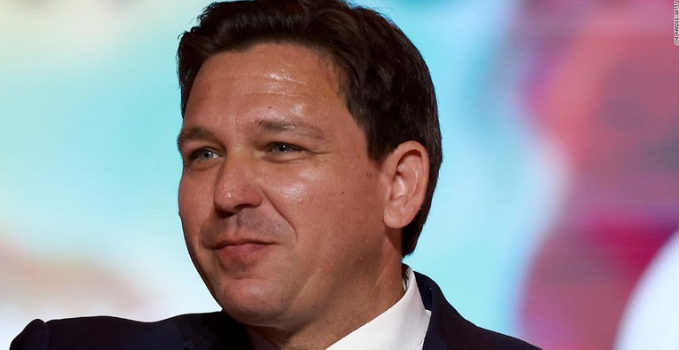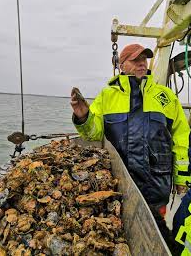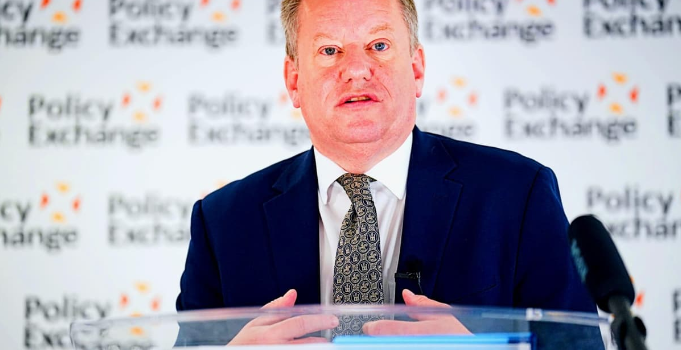
Renais Gin: A Tribute to Family Heritage Using Upcycled Grapes
Emma Watson has teamed up with her brother Alex to introduce a new gin brand called Renais Gin, which launched on April 29. The Harry Potter star described the product as an “ode” to their family’s vineyard in Chablis, Burgundy.
In an Instagram post, Emma expressed her pride, sharing a photo of them enjoying the gin and highlighting its “carbon-neutral” production, which utilizes upcycled wine grapes.
Alex also took to Instagram to discuss their family history, noting that their father planted the vineyards over 30 years ago while working as a barrister in Paris. He humorously recounted how their English father was allowed to buy land for vineyards in France, attributing it to his love for the region and its wine.
The name “Renais” is inspired by the French word for “rebirth” and reflects their sustainable production process. Alex, who previously worked for multinational drinks company Diageo, explained that the gin is flavored with grape skins typically discarded after pressing.
With its elegant yellow branding, the special edition Renais Gin is priced at £60 and is now available for purchase on the official Renais website. Alex emphasized the importance of utilizing every part of the grape, continuing the family legacy while reinterpreting the traditions of the Chablis region.

















